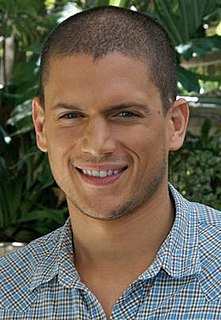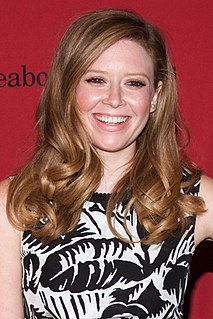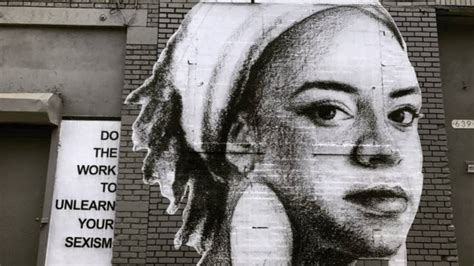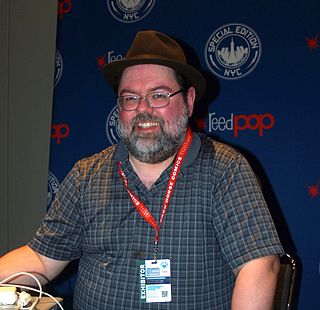A Quote by Michelle Alexander
One study conducted in Washington, D.C. indicated that 3 out of 4 black men, and nearly all those living in the poorest neighborhoods could expect to find themselves behind bars at some point in their life.
Related Quotes
The United States imprisons a larger percentage of its black population than South Africa did at the height of apartheid. In Washington, D.C., our nation’s capitol, it is estimated that three out of four young black men (and nearly all those in the poorest neighborhoods) can expect to serve time in prison.
The images that people see in the media of black people - whether journalistic or narrative - remain horrible. And those images, combined with the lack of respect among black people in the poorer neighborhoods for themselves, and the part the police and other people coming into those neighborhoods play, it creates no value for life.
If we are all endowed by our creator with the right to pursue happiness, that has to apply to the poorest neighborhoods in the poorest counties, and I am prepared to find something that works, that breaks us out of the cycles we have now to find a way for poor children to work and earn honest money.
Certainly youth of color, particularly those in ghetto communities, find themselves born into the cage. They are born into a community in which the rules, laws, policies, structures of their lives virtually guarantee that they will remain trapped for life. It begins at a very early age when their parents themselves are either behind bars or locked in a permanent second-class status and cannot afford them the opportunities they otherwise could.
School houses do not teach themselves - piles of brick and mortar and machinery do not send out men. It is the trained, living human soul, cultivated and strengthened by long study and thought, that breathes the real breath of life into boys and girls and makes them human, whether they be black or white, Greek, Russian or American.
Historically different groups find different things in each comics, as with *X-Men*. Gay readers find parallels to living a closeted lifestyle or choosing to come out and be openly gay. Black readers find a relevance to their lives growing up in America as a black guy. Picked-on brainy kids find a metaphor for being an outsider. It's a simple enough, and direct enough metaphor that it has different shades for different people. And so each reader to some degree gets out of it what they bring to it. That's one of the things I think that makes *X-Men* such a strong property.
When young black men reach a certain age - whether or not there is incarceration in their families - they themselves are the target of police stops, interrogations, frisks, often for no reason other than their race. And, of course, this level of harassment sends a message to them, often at an early age: No matter who you are or what you do, you're going to find yourself behind bars one way or the other. This reinforces the sense that prison is part of their destiny, rather than a choice one makes.
We have African-Americans and black people getting behind the scenes more and more, we get true black images in television and film...because we have black people behind them. They can tell stories from those points of view and bring to life those characters who have yet to be shown. As long as we have people behind the camera just as much as in front of the camera doing the work, then we'll always be good.


































